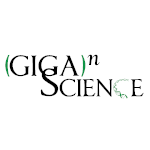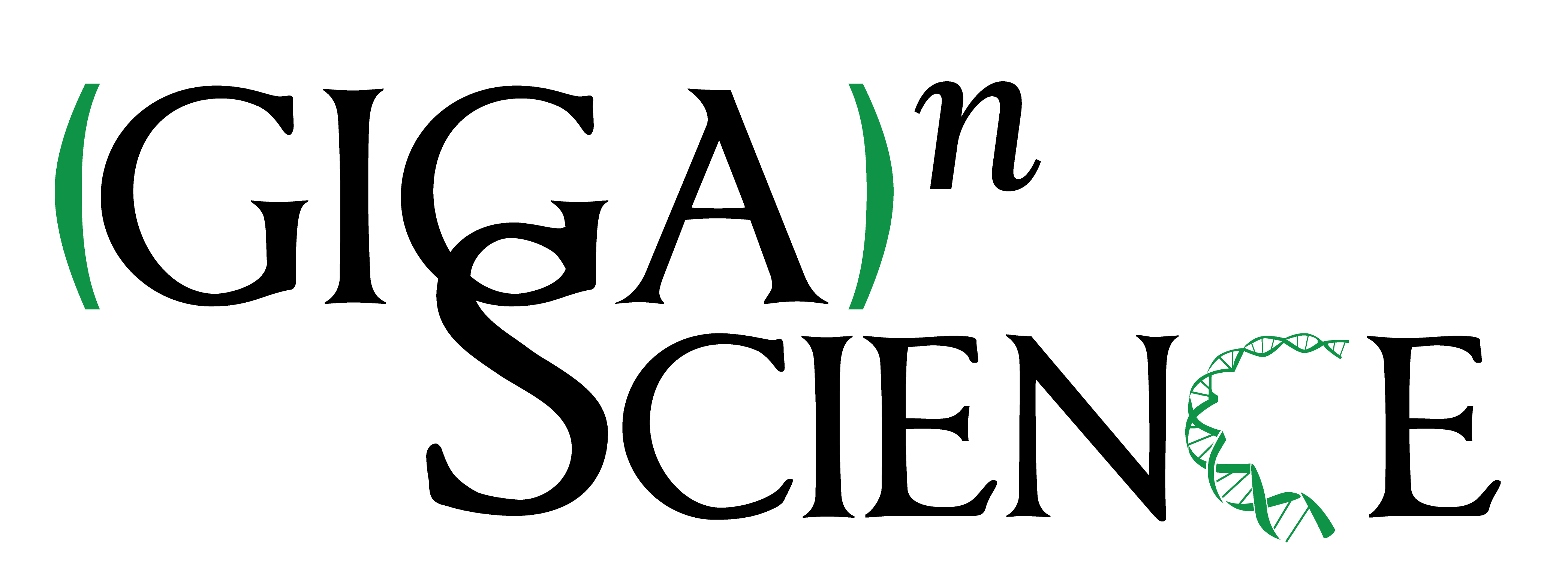Draft genome assemblies using sequencing reads from Oxford Nanopore Technology and Illumina platforms for four species of North American Fundulus killifish
This article has been Reviewed by the following groups
Discuss this preprint
Start a discussion What are Sciety discussions?Listed in
- Evaluated articles (GigaScience)
Abstract
Background
Whole-genome sequencing data from wild-caught individuals of closely related North American killifish species (Fundulus xenicus, Fundulus catenatus, Fundulus nottii, and Fundulus olivaceus) were obtained using long-read Oxford Nanopore Technology (ONT) PromethION and short-read Illumina platforms.
Findings
Draft de novo reference genome assemblies were generated using a combination of long and short sequencing reads. For each species, the PromethION platform was used to generate 30–45× sequence coverage, and the Illumina platform was used to generate 50–160× sequence coverage. Illumina-only assemblies were fragmented with high numbers of contigs, while ONT-only assemblies were error prone with low BUSCO scores. The highest N50 values, ranging from 0.4 to 2.7 Mb, were from assemblies generated using a combination of short- and long-read data. BUSCO scores were consistently >90% complete using the Eukaryota database.
Conclusions
High-quality genomes can be obtained from a combination of using short-read Illumina data to polish assemblies generated with long-read ONT data. Draft assemblies and raw sequencing data are available for public use. We encourage use and reuse of these data for assembly benchmarking and other analyses.
Article activity feed
-

Now published in GigaScience doi: 10.1093/gigascience/giaa067
Lisa K. Johnson 1Department of Environmental Toxicology, University of California, Davis2Department of Population Health & Reproduction, School of Veterinary Medicine, University of California, DavisFind this author on Google ScholarFind this author on PubMedSearch for this author on this siteORCID record for Lisa K. JohnsonRuta Sahasrabudhe 3DNA Technologies Core, Genome Center, University of California, DavisFind this author on Google ScholarFind this author on PubMedSearch for this author on this siteTony Gill 1Department of Environmental Toxicology, University of California, DavisFind this author on Google ScholarFind this author on PubMedSearch for this author on this siteJennifer Roach 1Department of Environmental Toxicology, University of California, DavisFind this …
Now published in GigaScience doi: 10.1093/gigascience/giaa067
Lisa K. Johnson 1Department of Environmental Toxicology, University of California, Davis2Department of Population Health & Reproduction, School of Veterinary Medicine, University of California, DavisFind this author on Google ScholarFind this author on PubMedSearch for this author on this siteORCID record for Lisa K. JohnsonRuta Sahasrabudhe 3DNA Technologies Core, Genome Center, University of California, DavisFind this author on Google ScholarFind this author on PubMedSearch for this author on this siteTony Gill 1Department of Environmental Toxicology, University of California, DavisFind this author on Google ScholarFind this author on PubMedSearch for this author on this siteJennifer Roach 1Department of Environmental Toxicology, University of California, DavisFind this author on Google ScholarFind this author on PubMedSearch for this author on this siteLutz Froenicke 3DNA Technologies Core, Genome Center, University of California, DavisFind this author on Google ScholarFind this author on PubMedSearch for this author on this siteC. Titus Brown 2Department of Population Health & Reproduction, School of Veterinary Medicine, University of California, DavisFind this author on Google ScholarFind this author on PubMedSearch for this author on this siteORCID record for C. Titus BrownAndrew Whitehead 1Department of Environmental Toxicology, University of California, DavisFind this author on Google ScholarFind this author on PubMedSearch for this author on this siteFor correspondence: awhitehead@ucdavis.edu
A version of this preprint has been published in the Open Access journal GigaScience (see paper https://doi.org/10.1093/gigascience/giaa067 ), where the paper and peer reviews are published openly under a CC-BY 4.0 license.
These peer reviews were as follows:
Reviewer 1: http://dx.doi.org/10.5524/REVIEW.102297 Reviewer 2: http://dx.doi.org/10.5524/REVIEW.102296 Reviewer 3: http://dx.doi.org/10.5524/REVIEW.102298
-
-

